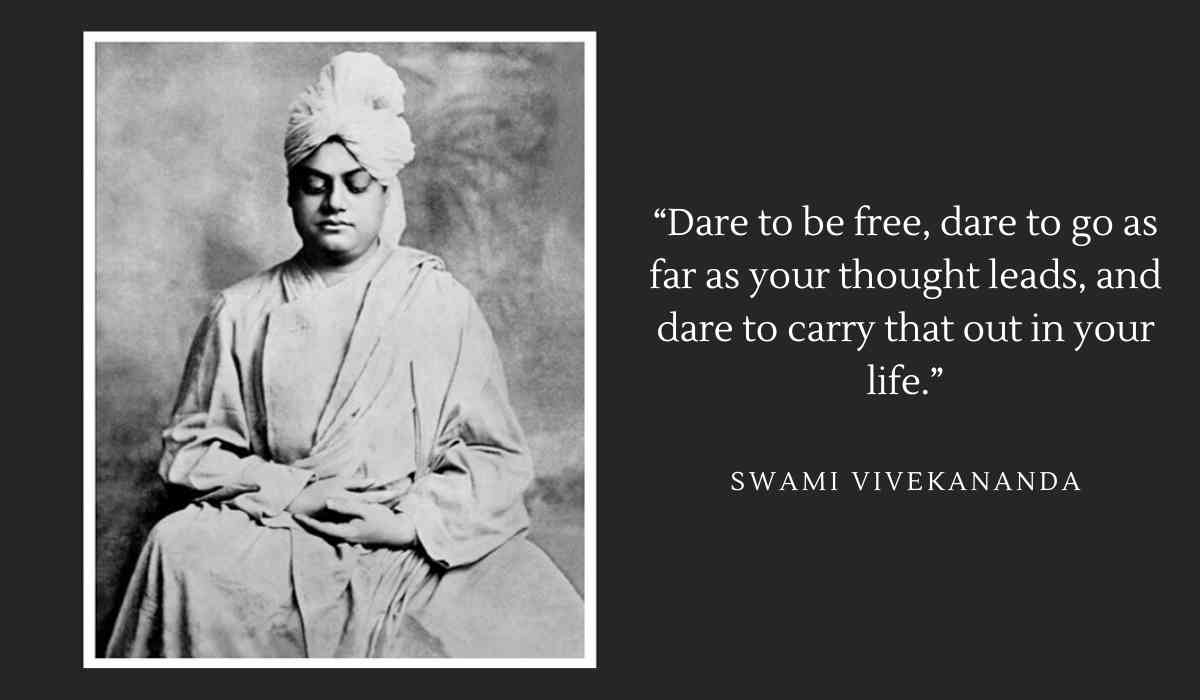Swami Vivekananda (1863–1902) was a visionary monk, philosopher, and social reformer who left an indelible mark on the world. Born Narendranath Dutta, he became the chief disciple of the 19th-century mystic Ramakrishna and went on to found the Ramakrishna Mission. His impact extended far beyond India's borders, as he introduced Vedanta and Yoga to the Western world, elevating Hinduism to the status of a major global religion.
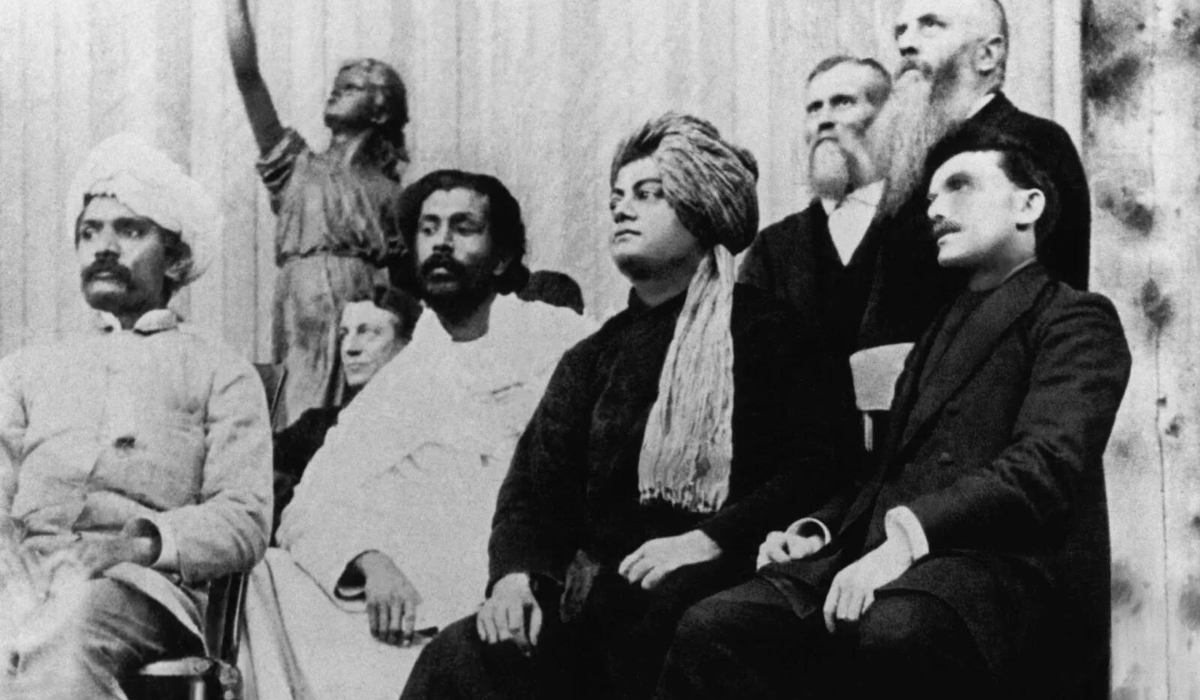
The 1893 World’s Parliament of Religions
The turning point for Swami Vivekananda was his speech to the World's Parliament of Religions in Chicago in 1893. His historic address enthralled the crowd and popularised Hinduism in the United States. Here are some key points from that historic address:
1. Universal Tolerance and Acceptance
• Vivekananda proudly declared that Hinduism taught both universal toleration and acceptance of all religions as true.
• He emphasised that different paths, though diverse, ultimately lead to the same divine source.
2. Sheltering the Persecuted
• Vivekananda highlighted India's history of sheltering persecuted communities.
• The Jewish remnant found refuge in southern India after their temple was destroyed by Roman tyranny.
• India provided refuge for the Zoroastrian community as well.
3. The Gita's Message
• He quoted the Bhagavad Gita: "Whoever comes to Me, through whatever form, I reach him."
• Vivekananda urged the world to embrace this doctrine of unity and reject sectarianism and fanaticism.
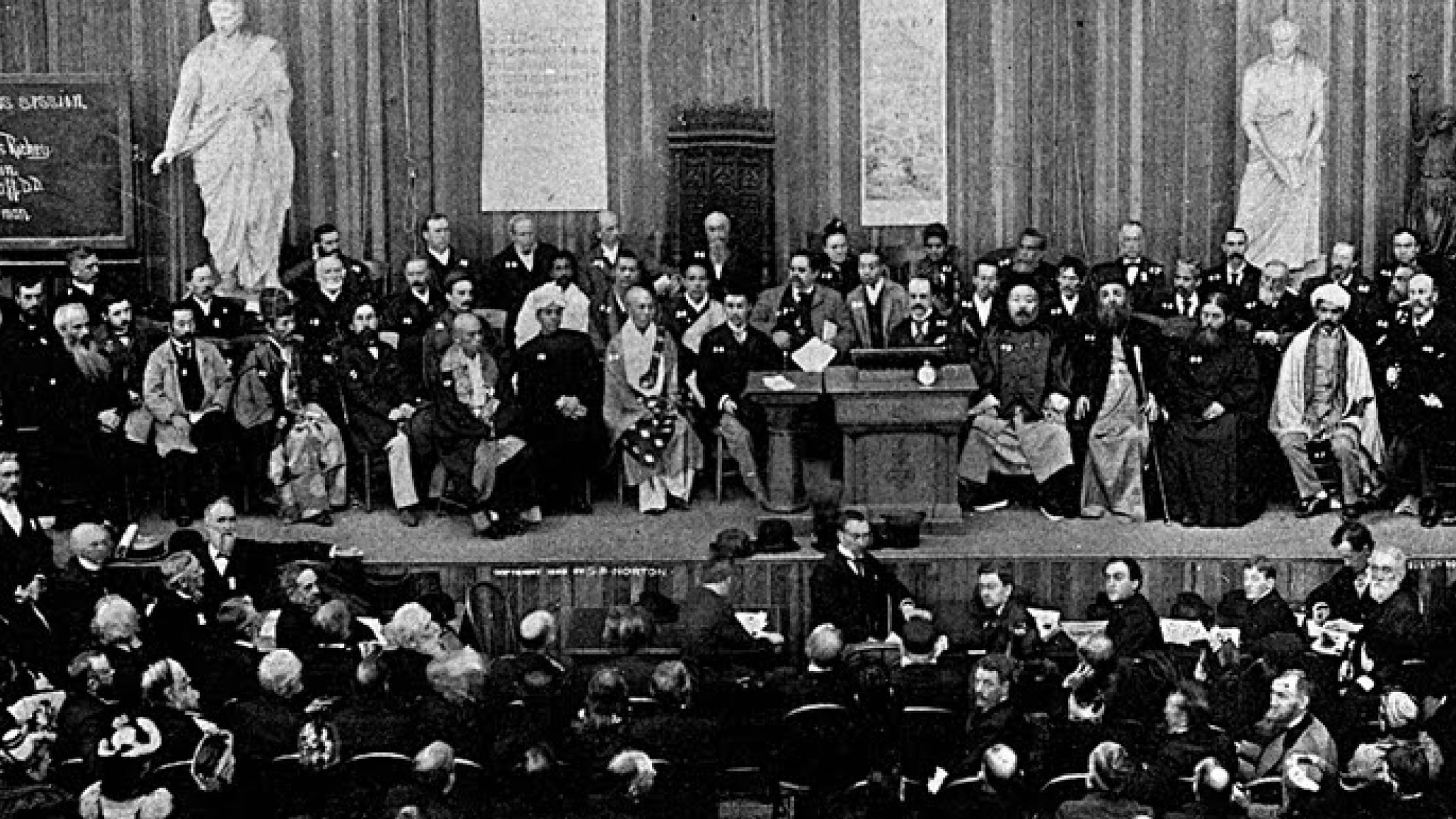
Legacy and Influence
Swami Vivekananda's impact reverberates to this day.
♦ Vedanta and Yoga: He played a crucial role in introducing these ancient Indian philosophies to the West .
♦ Interfaith Awareness: His teachings fostered interfaith dialogue and understanding.
♦ Indian Nationalism: Vivekananda's vision contributed to modern Indian nationalism.
1. Spiritual Revival and Social Reform:
- Vivekananda revitalised Hinduism by emphasising its practical aspects, promoting meditation, and encouraging direct spiritual experience.
- He advocated for social reforms, including education, women's empowerment, and the eradication of caste discrimination.
2. Ramakrishna Mission and Math:
- Vivekananda founded the Ramakrishna Mission and Math, institutions dedicated to humanitarian service, education, and spiritual upliftment.
- These organisations provide medical care, education, and relief during disasters.
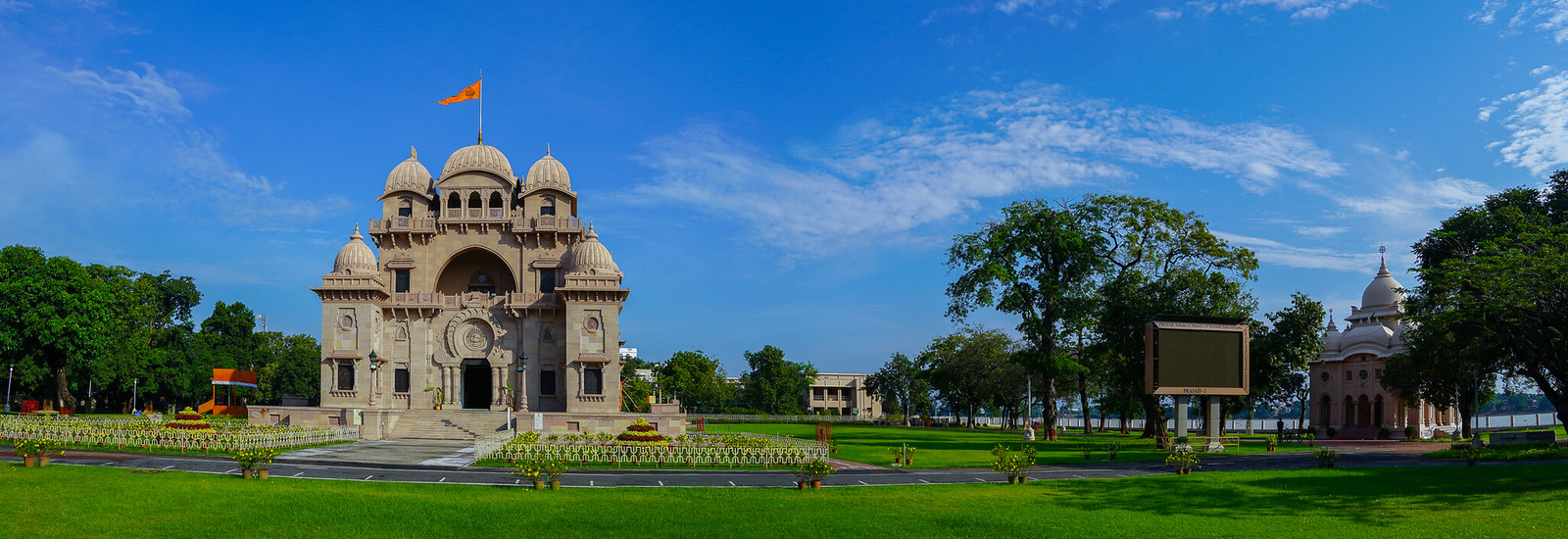
3. Education and Youth Empowerment:
- He believed in harnessing the energy of youth for positive change.
- Vivekananda's teachings inspire young minds to strive for excellence and contribute to society.
4. Interfaith Dialogue:
- His famous speech at the World’s Parliament of Religions emphasised universal tolerance and acceptance.
- Vivekananda promoted dialogue among different faiths, fostering understanding and harmony.
5. Legacy of Vedanta and Yoga:
- The Vedanta philosophy and yoga practices were first introduced to the Western world through his writings and lectures.
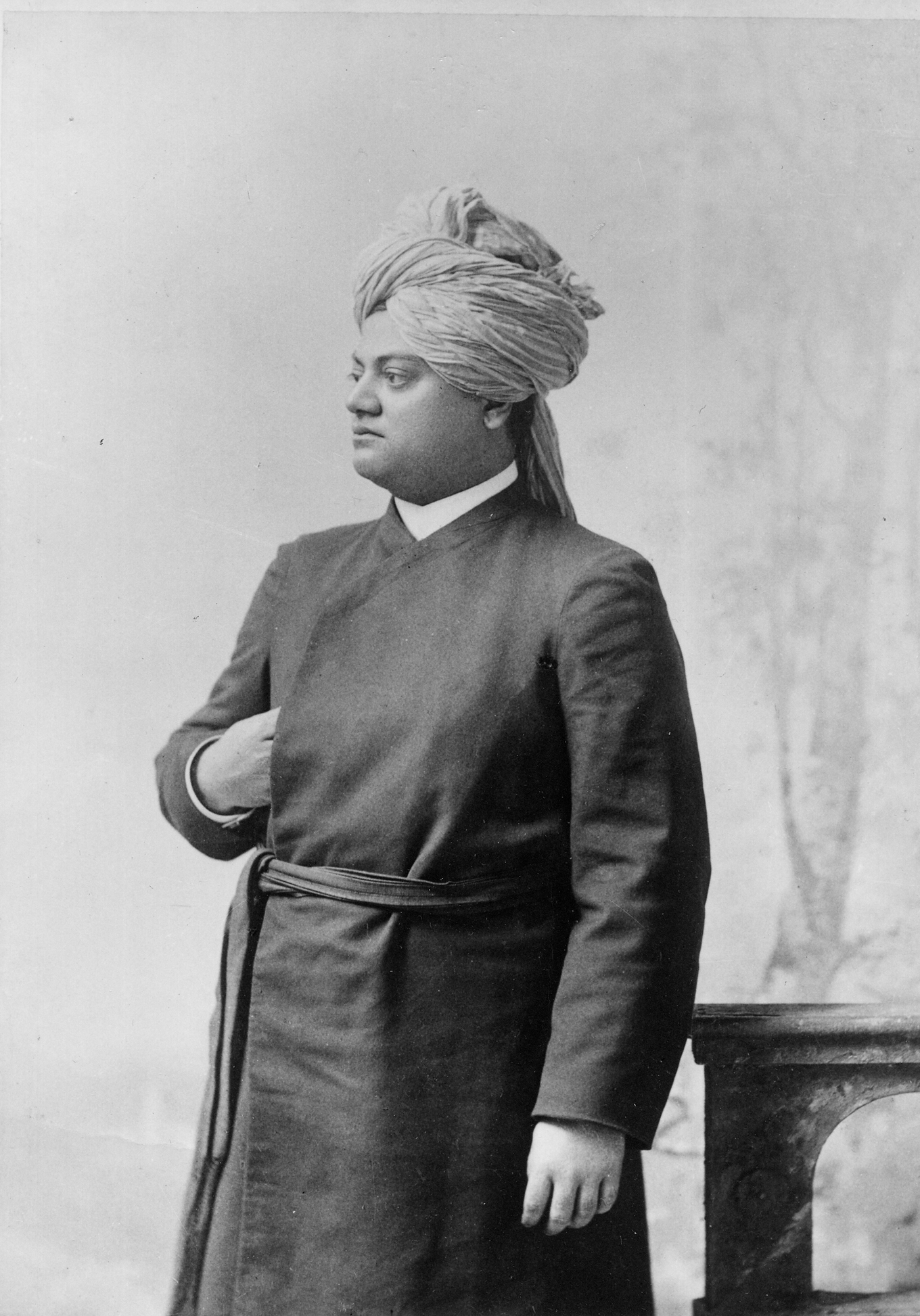
Vivekananda's influence extends beyond religious boundaries.
In summary, Swami Vivekananda's multifaceted contributions touched on spirituality, education, social justice, and global understanding. His legacy continues to inspire generations worldwide.
Inputs from multiple agencies
Media from Multiple sources
ⒸCopyright 2024. All Rights Reserved Powered by Vygr Media.

